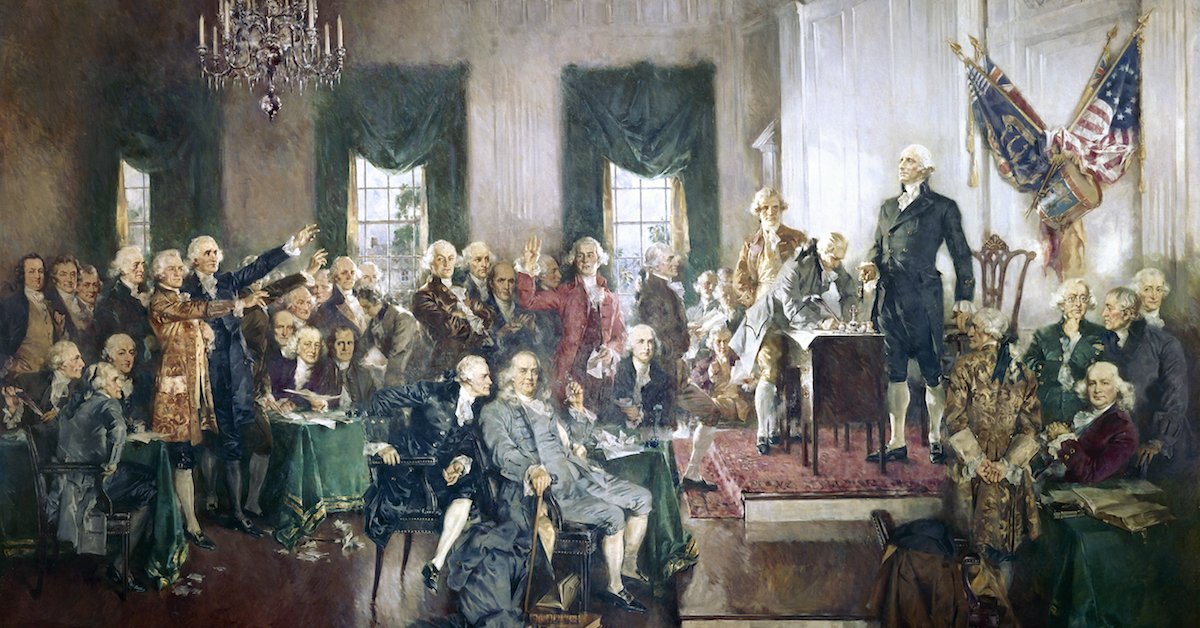SebastianBlue
President, International Julian Alvarez Fan Club
- Joined
- 25 Jul 2009
- Messages
- 57,736
I do not quite understand your point.That's right- also happened famously in 2000. Which certainly doesn't sit right to any of us. But on the other hand, Trump got more votes in 89% of counties in 2016. Would it be reasonable for HRC to become President winning a plurarity of votes in just 11% of counties - purely because they happen to be urban centers with huge population densities? Ultimately, US is a union of states, each of which has its own state laws and state governments and the constitution decrees that all should have a say in the federal government election.
Are you saying that it would be perfectly fine to become president only having received about 25% of the popular vote because the state systems of government themselves, or the counties, rather than the citizens, should be equally represented?
Your point seems to be that it would be unfair for the majority of people to have more say than the majority of land area but I imagine I am misunderstanding.



